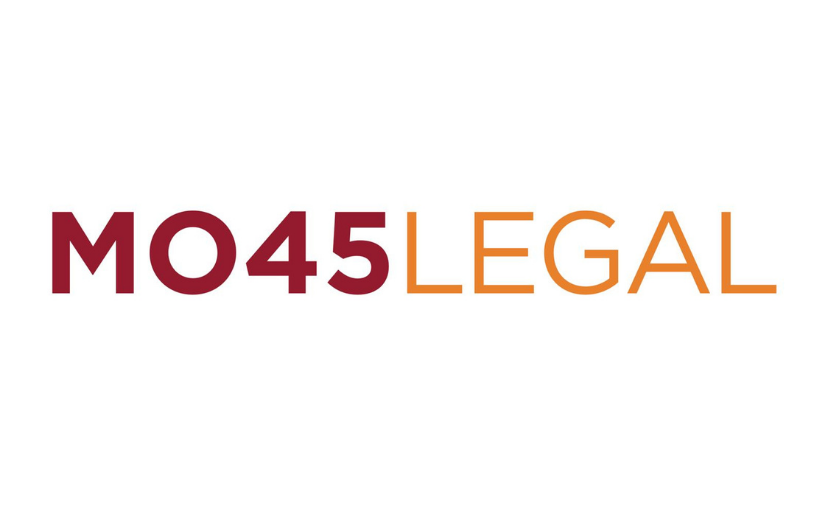
HOAI 2009 / 2013: The top-up action - also possible with public clients!
Federal Court of Justice, decision of 14.02.2024 - VII ZR 221/22
Whether the mandatory minimum and maximum rates of the HOAI 2009/2013 may still be applied by German courts following the decision of the European Court of Justice (ECJ, judgment of 4 July 2019 - Case C-377/17) has always heated up the minds of clients and architects when the architect tried to settle his fee according to the minimum rates of the HOAI 2009/2013 instead of the lower flat fee with a so-called top-up claim.
After the ECJ found in the infringement proceedings against the Federal Republic of Germany that the mandatory price law of the HOAI 2009/2013 (including mandatory minimum/maximum rates) violates EU law, the question arose as to whether this mandatory price law of the HOAI may still be applied by a German judge or whether he would have to decide as if these regulations did not exist. If the judges are still allowed to apply the mandatory price law, architects could refer to the mandatory HOAI minimum rates in their final invoice and thus partially double their once agreed flat fee. The ECJ then issued a further decision (ECJ, judgment of 18.01.2022 - Case C-261/20, also BGH, judgment of 02.06.2022 - VII ZR 229/19), according to which the mandatory HOAI price law may still be applied, at least in contractual relationships between private individuals without EU foreign contact. In these constellations, the way was once again clear for top-up actions. However, German case law did not declare this to be applicable to contractual relationships with public clients. It was therefore argued that top-up actions against the contracting authority were not possible, as the mandatory HOAI price law could no longer be applied in these contractual relationships.
The BGH has now also ruled for this constellation that the mandatory price law of the HOAI 2009/2013 - where relevant - is to be applied. The BGH justifies this by stating that a state (and all associated subjects) cannot invoke the direct effect of the EU Directive to its advantage in the event of a topping-up action against it because it has itself failed to transpose it into German law. Otherwise, it could derive an advantage for itself from a breach of duty, which must be rejected. If a state wishes to invoke the EU Directive, it must first transpose it into its own law. This means that actions for an increase in fees are also possible against public clients, provided that the HOAI 2009/2013 applies. A considerable gain for architects.
Jochen Mittenzwey
Lawyer and specialist lawyer for construction and architectural law / Partner
MO45LEGAL - Bschorr | Warneke | Sukowski GbR
Lawyers and notaries
mittenzwey@mo45.de